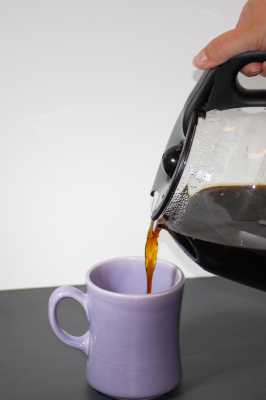Author Interviews, Blood Pressure - Hypertension, Salt-Sodium / 16.04.2025
Dietary Potassium May Affect Salt Excretion in Men and Women Differently
Editor's note: Not everyone should eat a potassium-enriched diet. Too much potassium can be toxic and cause serious side effects including cardiac arrhythmias. Hyperkalemia, or elevated potassium levels, is a particular concern for patients with impaired kidney function or on certain medications, including some blood pressure medications and diuretics (water pills). Do not start a higher potassium diet without the approval of your health care provider.
MedicalResearch.com Interview with:
Anita T. Layton PhD
Canada 150 Research Chair in Mathematical Biology and Medicine
Professor of Applied Mathematics, Computer Science, Pharmacy and Biology
University of Waterloo
MedicalResearch.com: What is the background for this study? Why did you decide to examine a potential link between potassium intake and lowering blood pressure?
Response: Our diet is so very different from our long-ago ancestors, especially in terms of sodium-to-potassium ratio. We eat so much sodium and so little potassium, that ratio is reversed in our ancestors as well as people in isolated tribes, where high blood pressure is very rare. So, let's figure out why and thus this stud
MedicalResearch.com: In layman's terms, how the ratio of potassium to sodium can both negatively and positively impact the body?
Response: Having more potassium in your body would encourage the kidneys to pee out more sodium (and water), which lowers blood pressure.
(more…)



